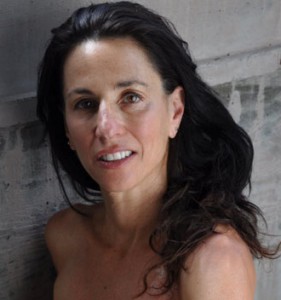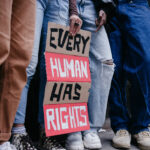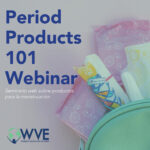
“I am sorry, but you have breast cancer.” In the United States, one in eight women will hear these shattering words in her lifetime.
As the daughter of a 12-year stage 4 metastatic breast cancer survivor and a filmmaker who has worked in the field of health educational documentaries for over 18 years, I was not exactly uninformed of the statistics and possibility that I might be affected and yet…when my turn came, both times, I felt slammed, disoriented, disbelieving and determined that I had to snap out if it quickly because there was a lot to be done in a very short amount of time if I wanted to save my life.
The nomenclature was bewildering to say the least. I immersed myself in a parallel universe that featured thousands of women from all walks of life talking about lumpectomy, mastectomy, reconstruction, radiation, chemotherapy, BRCA, Oncotype DX and all the permutations therein.
How could this be happening to ME? The girl who became a vegetarian at 11, who always aced the president’s PE tests in school, danced, climbed, biked and skied. A regular motion machine, the adult woman with a low pulse and blood pressure, and all that other stuff you get tested for in yearly physicals. I can even hear one of my doctors with admiration in her voice saying, “that’s your reward for living a clean life!”
Breast cancer is an equal opportunity disease and affects women from all walks of life. Age, health, ethnicity, socio-economic, geographic nor marital status make any difference when you are summoned to take your place in “THE DREADED SISTERHOOD.”
Besides figuring out the technical aspects of our particular disease and treatment options, most of us go online to find comfort in meeting other women to hear their stories. The power of story telling is informative and healing. Stories from women who have passed this way before are invaluable for navigating the treatments and keeping hope alive. Knowledge is power, and the successful prevention and treatment of breast cancer depends on this.
I adjusted to my new realities and survived. And I decided to make a film that I wish I could have seen when my world broke apart.
LIFE INTERRUPTED, a documentary feature film about breast cancer, chronicles the lives and experiences of five unique survivors, including the filmmaker herself (that would be me) from diagnosis through treatment and life beyond. Assumptions and mythologies about the disease, treatment and prevention will be brought to the foreground and examined as the women share their personal truths and realities. These women are confronting a life-altering diagnosis, and respond to their disease process and the rebuilding of their lives with honesty, dignity, humor, and grace.
Breast cancer is relevant and on the minds of many people as exemplified by the recent Komen Foundation decision to rescind their decision to withdraw funding from Planned Parenthood. Over the last few months, people from all walks of life issued a wake up call to the world: women’s health comes before political and corporate agendas.
Thanks for reading. Please go to LIFE INTERRUPTED to view a trailer and find out more about the film.





